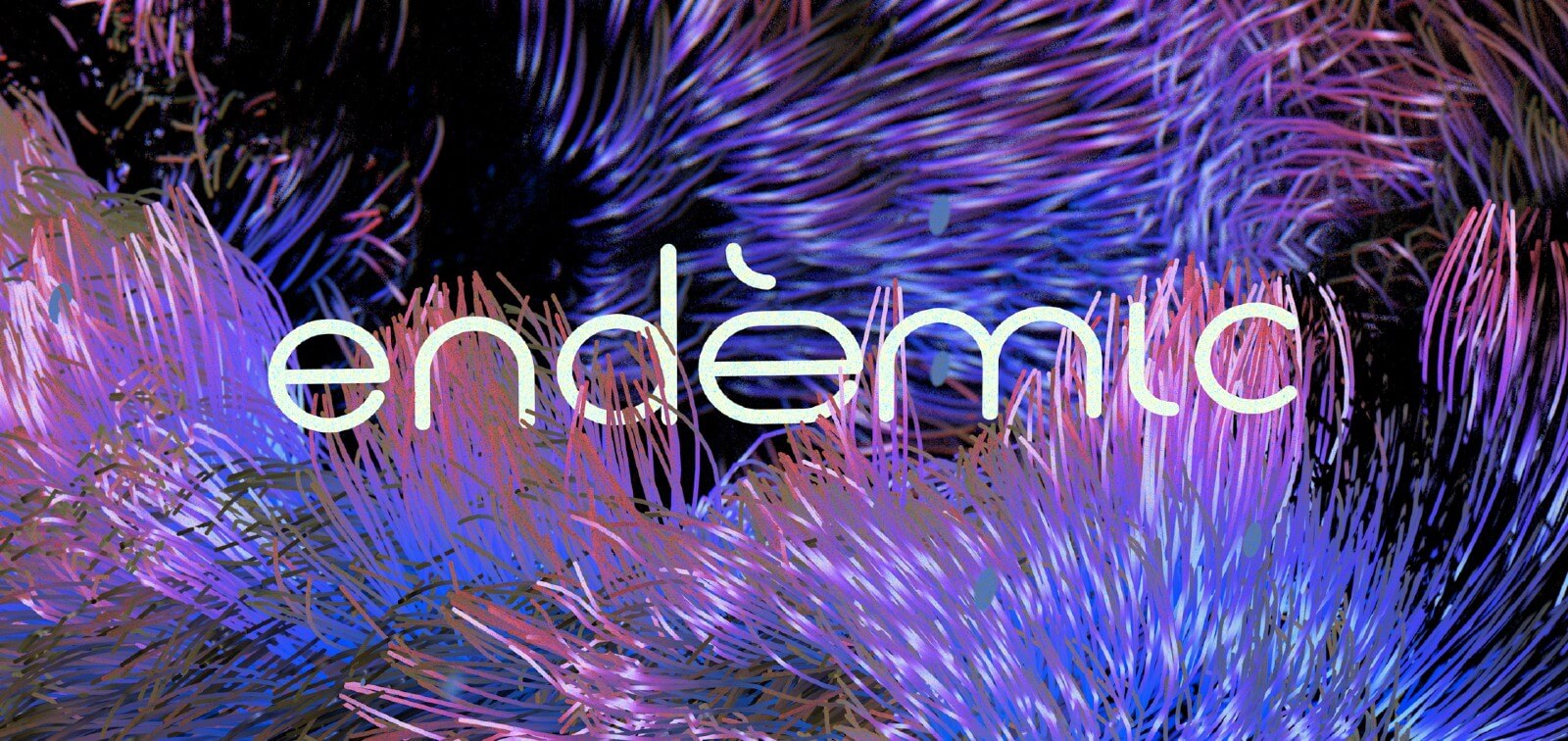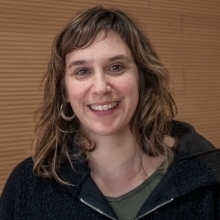ENDÈMIC
Community knowledge generation through scientific culture, urban ecology and art

- Duration
- 01/01/2023 - 01/09/2023
- Coordinator
- Marina Tarrús
- Funded by
- AECID
- Website
- http://www.projectendemic.com
ENDÈMIC generates interdisciplinary spaces to promote community engagement, democratization of knowledge and human resilience. Through citizen science processes in the field of microbiology and scientific dissemination with a focus on antimicrobial resistance (AMR), the project promotes collaborative research and environmental conservation from a biocultural approach, in addition to exploring the ethnobotany of medicinal plants in urban communities.
One of the main justifications for the project is based on understanding and raising awareness of the interrelationship between the crisis we face. Antibiotic resistance is a major global health challenge and threatens our ability to treat infectious diseases; by 2050, it will be one of the leading causes of mortality in the world, and the Mediterranean and South European countries are the most affected regions by AMR in Europe. The Covid-19 pandemic has aggravated the situation, making it even more urgent to raise awareness in the use of antibiotics, traditional medicine and hygiene habits to avoid infections and contagions. The WHO assures that traditional medicine and the use of medicinal plants is essential in health care and emphasizes the global need for natural products with antiseptic power for biomedical research to treat diseases. At this point, public health experts have begun to include ecology in their models, under the premise that the loss of biodiversity will limit the discovery of treatments for many diseases.
ENDÈMIC wants to contribute to the awareness on this issue and generates interdisciplinary spaces with a multimethodological approach to foster community engagement, cooperation between agents and experts, and human resilience through citizen science, scientific dissemination and art, promoting the collaborative generation of knowledge, the revaluation of the environment, urban ecology and ethnobotany in the field of microbiology.
Through participatory methodologies and collaborative research, we offer Citizen Science workshops in the field of Microbiology, focusing on Antimicrobial Resistance (AMR), which will be contextualized through the knowledge and diversity of native flora and local products with antiseptic potential (urban ecology), and later these lessons will be applied in workshops on cultivation and recovery of native medicinal flora (the essence of local identity and culture) in urban gardens, encouraging the exploration and experimentation of laboratory techniques and healthy habits. Thus, ENDÈMIC recollects the transition from microbiology to the field of urban ecology, promoting technological knowledge and community tracking of contemporary natural heritage and its content in native flora.
A fundamental aspect of ENDÈMIC is to address the complexity of these issues from a biocultural approach and promote art as a tool for scientific dissemination. This approach implies a benefit by integrating dialogue and reflection from the social and scientific sphere to the artistic sphere for its awareness.
At the end of 2021, a pilot was already implemented in Barcelona, where methodologies, contents, tools and citizen science workshops were developed with the local agents of La Sagrera neighborhood. In addition to the analysis and visualization of scientific data on ethnobotany and AMR, with interesting results and a lot of potential for antibiotic research, we also developed a visual identity, a web platform, scientific dissemination material, and an artistic representation of the results. Currently, a new edition based in Casablanca is being conducted to compare the use of medicinal plants across society and their antiseptic potential and activity.
Total funding
18,000 €
Our Team
Coordinator
-
 Marina Tarrús Scientific outreach officer for the RAM Initiative
Marina Tarrús Scientific outreach officer for the RAM Initiative
ISGlobal team
-
 Elisabet Guiral Programme and Project Manager & Coordinator of the Antimicrobial Resistance Initiative
Elisabet Guiral Programme and Project Manager & Coordinator of the Antimicrobial Resistance Initiative



